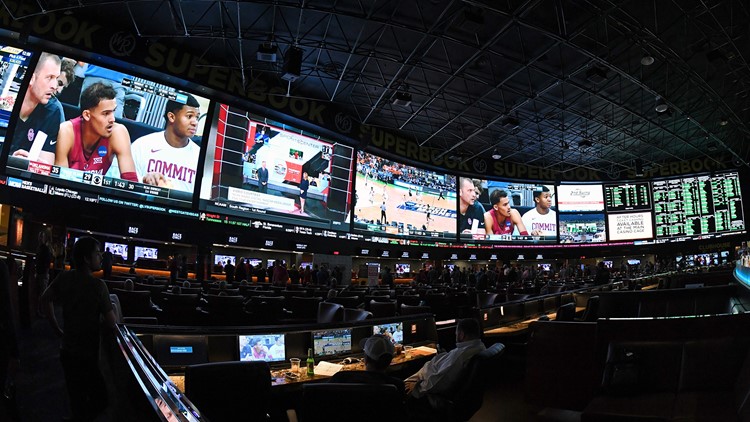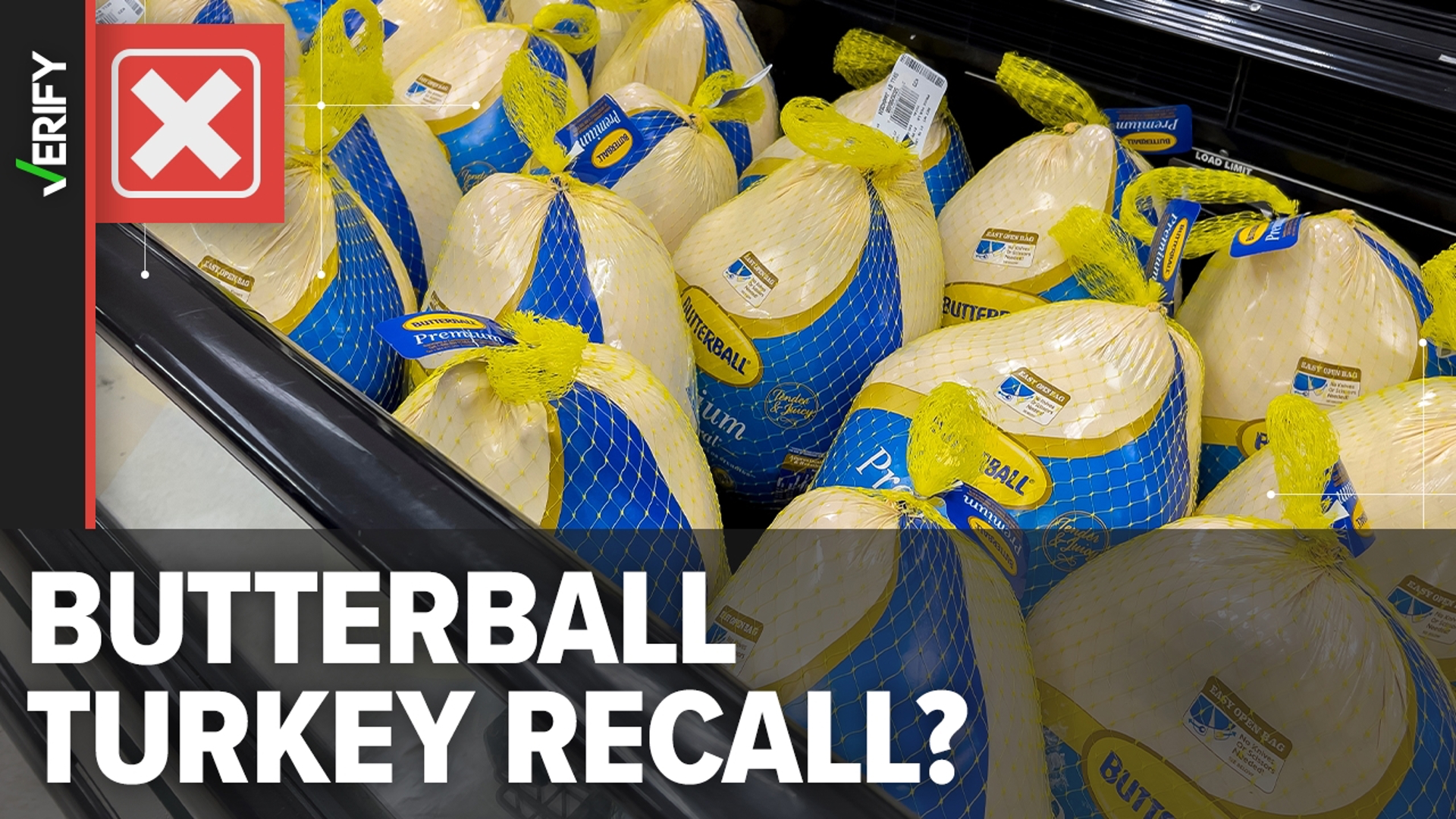KUSA - A couple of years from now you might be able to settle into your seat at Coors Field, pull out your phone and legally bet money on whether the next player makes it to first base.
That future, whether you think it’s good or bad, is possible because the U.S. Supreme Court on Monday struck down a federal law called the Professional and Amateur Sports Protection Act (PASPA).
What was the federal court ruling on sports betting about?
The state of New Jersey asked the U.S. Supreme Court to decide whether a federal law limiting sports betting to a handful of states (Nevada, Oregon, Delaware and Montana) was legal.
The court decided 7-2 that it wasn’t constitutional.
“That leaves the situation where there are no federal laws that prevent any states from legalizing sports betting in their states,” said Anthony Cabot, a fellow at the Boyd School of Law University of Nevada Las Vegas. “Within your own state, you’re free to do whatever you want to do right now; absent Congress going back and fixing it.”
Is Congress planning to pass any laws about sports betting?
Maybe.
Sen. Orrin Hatch (R-Utah) told reporters Monday that he wants to pass some new federal rules about sports gambling. Hatch was one of four lawmakers who wrote PAPSA in 1992.
He told reporters that he doesn’t have a bill put together yet, but he wants to protect states that don’t want to legalize sports betting and uphold “the integrity” of sports. “The rapid rise of the internet means that sports betting across state lines is now just a click away,” Hatch said. “We cannot allow this practice to proliferate amid uneven enforcement and a patchwork race to the regulatory bottom.”
What’s the law in Colorado?
The Centennial State would have to change two different laws before people can bet on the Broncos, said Michael Hartman, executive director of Colorado’s Department of Revenue.
The first is Title 18 in the Colorado Revised Statutes. It defines sports gambling as an illegal activity.
The second is a potential change to Colorado’s constitution, which defines what kinds of gambling are legal and where it can happen.
Colorado only allows blackjack (21), poker, slot machines, craps and roulette. And they're only allowed in the city of Central (yeah, it turns out Central City is really just "Central"), Black Hawk and Cripple Creek.
If lawmakers wanted to add sports betting to gaming, Hartman said he thinks it would require a vote of the people. He asked the Colorado’s Attorney General Office for a formal opinion on what must happen.
9NEWS talked to a couple of state lawmakers who wondered whether sports betting could be classified like horse racing – which could potentially bypass the need for a constitutional amendment.
How quickly could the law change?
Sixteen state legislatures have already started working to change their laws, but Colorado’s lawmakers are done for the year. (A special session seems highly unlikely.)
It’s also too late to get an initiative on the ballot for 2018.
“It can’t happen tomorrow. It can’t happen next week,” Colorado Gaming Association Director Peggi O’Keefe said. “It will be something that has to wait for next year to happen.”
She also said she thinks sports betting should be classified as gambling, located within the current casinos and regulated by the gaming commission.
O’Keefe pointed to the eight times since 1984 Colorado voters have shot down the idea of expanding gambling outside Blackhawk, Cripple Creek and Central City.
If lawmakers or the public wanted sports betting windows to open up at Mile High Stadium or a location next to a Starbucks in a strip mall, it might take multiple ballot questions.
"There would need to be both a statewide ballot initiative and a local initiative if another local jurisdiction wanted to allow gambling in Colorado," said O'Keefe.
How would an online betting app know where I was anyway?
In places where gambling is legal, like Nevada, people can download apps that allow them to bet on sports from anywhere within the state.
Monday’s ruling has raised concerns that people will be able to use an app to bet on sporting events from anywhere -- like Coors Field during a baseball game, for example.
Right now, sports betting apps work by using the phone’s GPS to know whether the user is in a state or city that allows sports betting.
Lawmakers could restrict sports betting to in-person transactions only, but Cabot didn’t think that would happen.
“That would be old school,” Cabot said. “A good percentage of all wagers made in Nevada are done over mobile devices.”
Would sports betting bring in a lot of new tax revenue?
Probably not, Cabot said. “Sports wagering has a very low margin.”
What he means is although a lot of money changes hands when people bet on a football game, the business taking the bets keeps about 5 percent.
“If you tax it too high, it’s going to affect the viability of the industry,” Cabot said.
"Today, there are likely individuals in the state that are violating existing laws and gambling on sports, at which point the state does not gain any tax revenue associated with that," said Hartman "If there were the necessary actions taken to legalize sports betting, then the state certainly would gain additional revenue from those tax increases, but there are a lot of details that need to be sorted out before we can say that with certainty."



